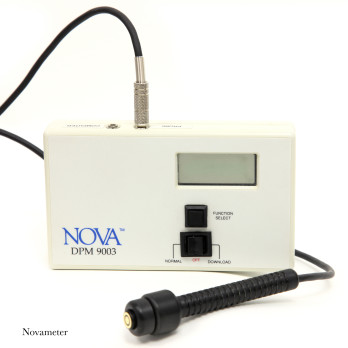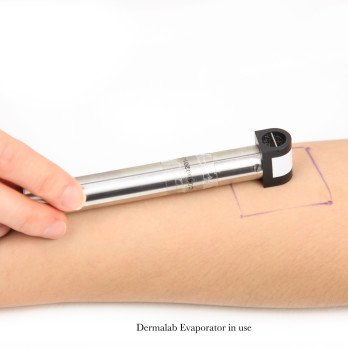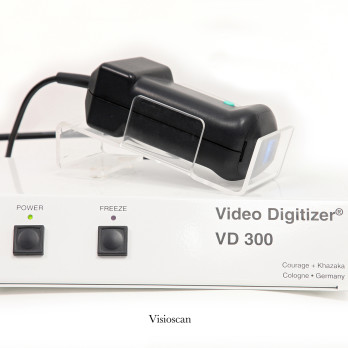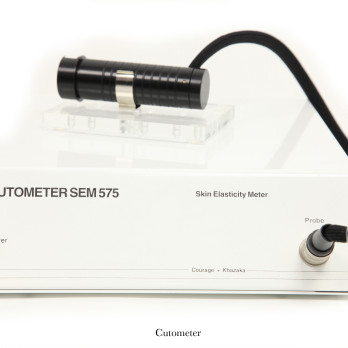Skin Moisturization and Hydration
Electroconductivity via Novameter – Nova® Dermal Phase Meter, Model DPM 9003 (NOVA Technology Corp., Gloucester, Mass.) is used to obtain measurements of skin surface impedance to determine electroconductivity of the treatment sites. This meter provides a relative measure of the retained water content of the skin as a function of the skin’s dielectric value. Skin impedance is recorded automatically when equilibrium is achieved.
Capacitance via Corneometer® – The Corneometer® (Courage and Khazaka Electronic GmbH, Köln, Germany) provides a method to reproducibly and accurately determine the hydration level of the skin surface. Analysis of moisture retention capacity of the skin is based on the dielectric constant of water and measured in the superficial layers of the stratum corneum (as deep as 10-20 µm to ensure that the measurement is not influenced by capillary blood vessels).
Skin Barrier Protection and Film Integrity
Wrinkle Reduction, Skin Smoothness, Roughness, and Scaling
Skin Elasticity and Firmness
Skin Sebum Content
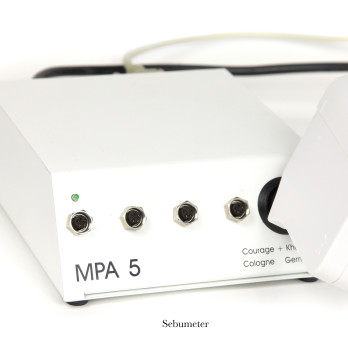
Skin Color Evaluations
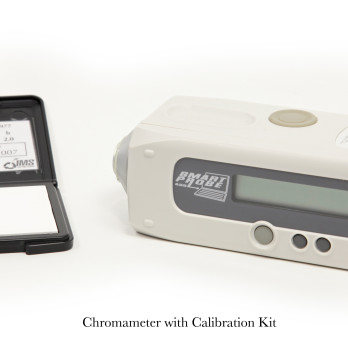
Skin Scaliness and Surface Debris
D-SQUAME™ skin sampling discs – Adhesive discs take the trial-and-error out of sampling cells of the superficial stratum corneum (top layer of skin). These crystal clear polymer discs provide the required rigidity and adhesion to uniformly sample a fixed area of skin surface. The discs give optimum visibility of adhering skin cells and allow staining by many histological preparations.
Itch Relief Testing
WEST-itch™ Esthesiometer – The Weinstein Enhanced Sensory Test™ (WEST) is used to evaluate the effectiveness of itch relief treatments. It enables In-Vivo evaluation of antipruritics on mild itch such as dry skin, winter itch, insect bites or fiber-induced itch. The WEST-itch™ esthesiometer induces a controlled, reliable itch stimulus, and In-Vivo itch intensity is rated by test subject using a continuous ten-point scale.
Skin Reflectance
The Skin-Glossymeter GL 200 – Gloss measurement is important in the efficacy testing of skin care, hair care and decorative cosmetics (lipsticks, make-up, etc.). The Skin-Glossymeter GL 200 (Courage + Khazaka Electronic GmbH) assesses the gloss of the skin surface by measuring reflectance. The probe measures both the portion of directly reflected light mirrored from the surface, which is related to the gloss and the scattered portion as well.
This is important because skin not only varies in structure and brightness, but also in color. With Diffuse Scattering Correction (DSC), these variations are taken into account and almost eliminated, making it easy to accurately compare gloss measurements across different skin types.
